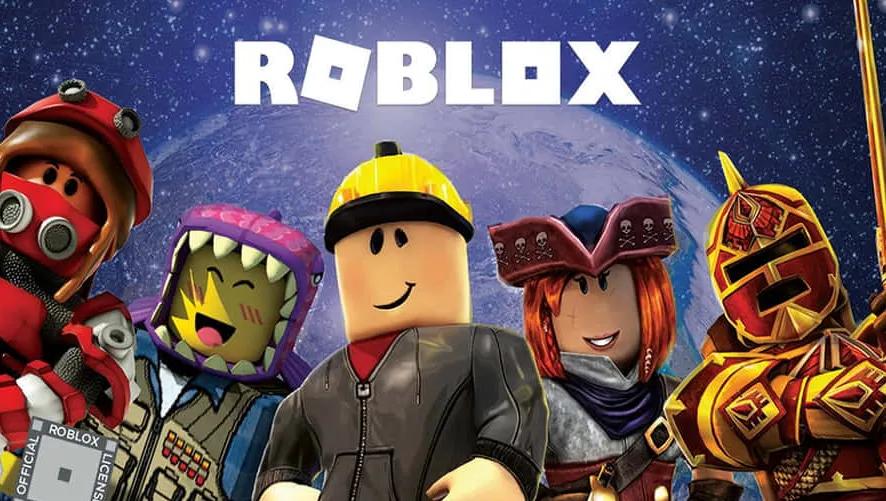Roblox Earns Child-Safety Praise Amid Legal Battles, Community Backlash, And Policy Disputes
Roblox has gained new political backing from the US Attorney General Alliance through a Partnership for Youth Online Safety, even as the platform faces lawsuits, intensifying public backlash, and conflicts with creators encouraged by rising legal pressure. The acknowledgment puts Roblox in a paradoxical position.
The company is being held up as an example of responsible youth-focused design while simultaneously defending its platform against state suits and growing criticism from advocacy groups, influencers, and parents.
The alliance, which includes attorneys general from across the United States, presented Roblox as an inaugural partner alongside the Center for Humane Technology. The initiative sets out to define safeguards, improve reporting systems, strengthen data-sharing frameworks for law enforcement, and raise parental awareness. Roblox’s inclusion aligns it with a policy effort that aims to standardize protections for minors across digital services at a moment when virtual platforms are under heightened scrutiny.
Roblox co-founder and CEO David Baszucki framed the partnership as a natural evolution of the company’s internal moderation and safety work.
“This partnership with the Attorney General Alliance is a landmark step in our ongoing commitment to online child safety,” he said. “By combining our decades of experience in online child safety with the authority of the Attorneys General, we can move quickly to co-design and deploy the next generation of protective tools and frameworks. This collaboration will help set new safety standards across the digital ecosystem used by kids and teens. At Roblox, we are constantly innovating and investing in safeguards, including AI and human moderation, real-time chat filtering, and proactive content scanning, to create a positive and secure environment for the millions of people who create and play on our platform every day.” — David Baszucki
The support arrives during a period of heavy legal pressure. Louisiana attorney general Liz Murrill and Kentucky attorney general Russell Coleman continue pursuing lawsuits alleging the platform fails to adequately protect minors, claims echoed by a criminal investigation in Florida. Previously, Murrill described Roblox as “open season for sex predators,” and Coleman called it “a hunting ground.” Roblox rejects those accusations.
Tension between the praise from the alliance and the pending legal actions underscores a deep divide in how officials evaluate Roblox’s safety posture. The AGA is not a regulatory body, but its endorsement adds weight to Roblox’s narrative at a time when legislators are testing new theories of platform responsibility.
In August, another stress point emerged when Roblox moved to ban YouTuber Schlep, known for recording predator-catching operations on the platform. His content, which led to multiple arrests, drew an audience by highlighting alleged gaps in safety enforcement. Roblox argued the practice violated policies against vigilante actions; Schlep countered that he was punished for revealing systemic risks. The decision removed his primary content outlet and provoked #freeschlep support campaigns, raising questions about where user vigilance ends and platform control begins.
Another influential voice entered the fray in September when YouTube creator and practicing attorney “Law By Mike” announced plans to take part in legal efforts against Roblox, arguing that the company has not done enough to protect minors. His involvement added a public-facing legal figure to a debate that had largely been shaped by state litigators. The move reinforced the emergence of external oversight figures, not only from governments but also from digital creators with their own constituencies.
Later in September, Roblox faced renewed criticism over its “sensitive issues” label, introduced in August 2025 to help parents identify experiences containing political, social, or religious themes. Advocacy groups argued the system may suppress legitimate creative expression tied to social justice and real-world issues. Roblox positioned the tool as a parental guidance measure; detractors viewed it as an over-extension of content control in a platform known for youth-driven experimentation.
This mix of legal challenges, activist pressure, and creator friction places Roblox in a precarious yet influential space within the broader debate on youth digital safety. After the AGA announcement, Murrill responded with a measured but pointed remark on X:
“Hey Roblox—Let’s have more meaningful protections for children. Not just lobbying.” — Liz Murrill
Roblox now operates at the intersection of government collaboration and public challenge. The AGA partnership elevates its role in shaping future online youth safety standards. The lawsuits, creator conflicts, and advocacy disputes ensure that its practices will remain under intense observation as regulators and industry attempt to define the boundaries of digital protection.

Comments